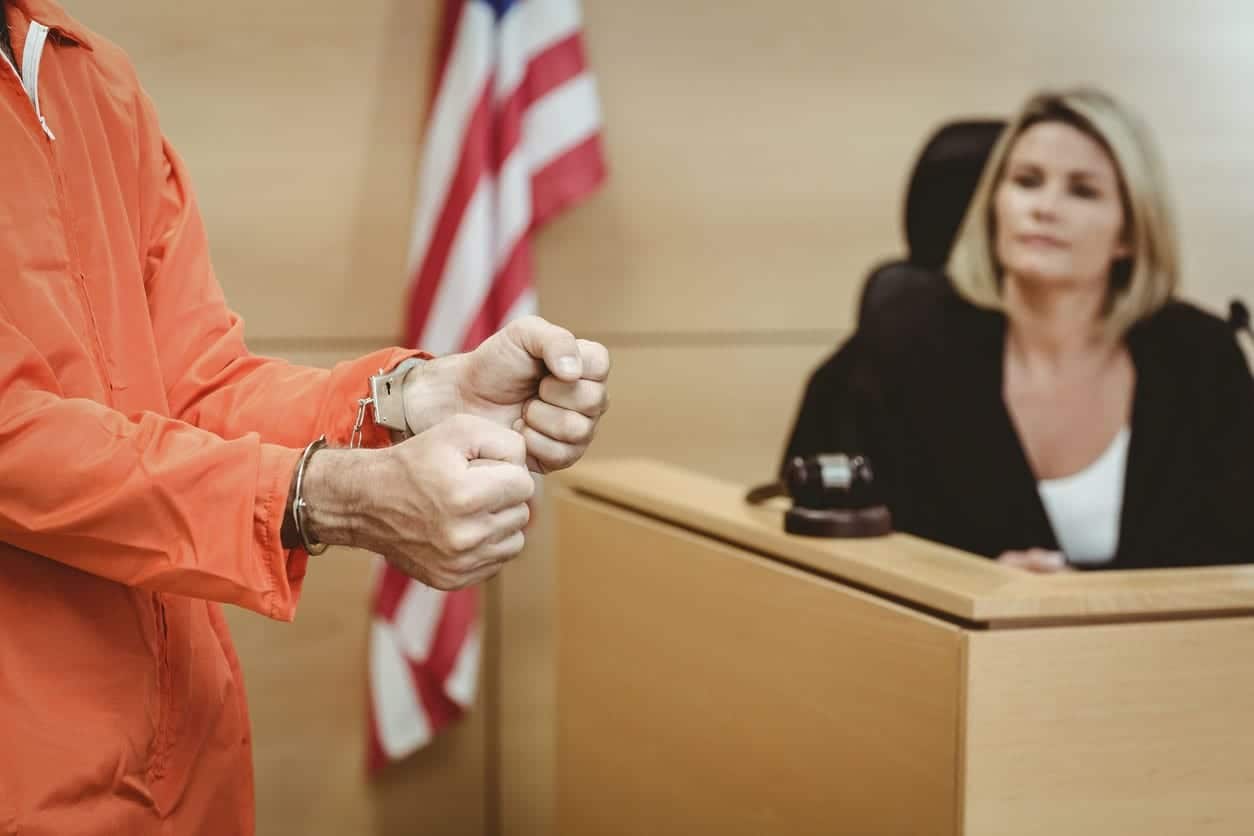
There are actually 52 court systems in the United States: the 50 state systems, the federal system, and the local court system in the District of Columbia. The supremacy clause of the U.S. Constitution requires that federal law trumps any state law when the laws are in conflict with each other.
The American Bar Association reports there are currently more than 1.3 million attorneys in the U.S., nearly 88,000 of them practicing in the State of Texas. They represent citizens and non-citizens in all three systems. Some practice exclusively in the federal system or the state system while most practice in both systems.
If you are charged with a crime, which type of attorney will you choose to defend you?
First, the type of crime committed determines the type of court in which you will be tried and potentially sentenced. State crimes are offenses that are committed in just one state, and are therefore subject to the penalties decided by that state.
State crimes are divided into following four categories.
Offenses Against the Person (more commonly called “personal crimes”):
- Homicide – different grades such as first or second degree murder
- Sex offenses – such as rape or sexual assault
- Kidnapping
- Assault
- Battery
- False imprisonment
Offenses Against Property (more commonly known as “property crimes”):
- Theft/larceny
- Robbery – theft by force
- Burglary
- Receiving stolen goods
- Embezzlement
- Forgery
- Arson
- False pretenses
Inchoate Crimes – crimes attempted but not completed;
- Attempt
- Solicitation
- conspiracy
Statutory crimes – violations that can involve either a property or personal offense;
- Alcohol-related offenses – such as DWI
- Selling alcohol to a minor
Federal crimes tend to be committed in multiple states or deal with crimes against federal systems.
For example, if a domestic violence case involves abuse or travel throughout multiple states, the case becomes a federal issue. Mail fraud is considered a federal crime because the United States has a nationwide postal system. Other federal crimes include:
- White collar crime
- Drug trafficking
- Money laundering
- Immigration
- Terrorism
- RICO
- Hate crimes
- Organized crime
- Public corruption
- Identity theft
- Immigration crimes
- Sex offenses (such as child pornography)
- Kidnapping across state lines
Frequently, the federal government will let individual states prosecute crimes over which they technically have jurisdiction. While the government could exercise jurisdiction, its U.S. Attorneys make individualized decisions that some cases are better handled at the state level.
This decision-making process can also work in the opposite direction. A federal case can begin at the state level (such as child pornography or identity theft), federal prosecutors may elect to exert jurisdiction and change the offense from a state crime to a federal offense.
Why does this matter?
Because each type of court requires different strategies and can result in different penalties. Outlined below are the top four ways federal criminal defense differs from state defense.

1)Different Courts.
f you are charged with a state crime, you trial will be heard in lower courts: county court, municipal court, police court, and so on. Federal trials are held in United States District Courts. Federal courts have different policies and procedures that must be followed, so it is vital that you work with a lawyer who has a successful track record at the federal level.
2)Different Judges.
In state court, different judges may preside over different parts of your hearing. These judges are referred to as “specialized” judges. But in federal court, the same judge will oversee your federal trial during each step of the trial.
This is because the United States federal courts are ruled by an “all-purpose judge” system. Some states have an all-purpose judge system, but Texas does not.
3)Amount of Evidence.
In state courts, prosecutors will collect evidence against you – witness accounts, video footage, and so on. But the evidence collected against you in state court may be miniscule compared to the amount of evidence federal prosecutors can collect against you.
Why?
Because law enforcement officers involved in state cases are usually limited to city officers or local law enforcement. Federal prosecutors, however, can use many different federal resources (the FBI, DEA, IRS, and more), and each organization may bring folders and folders of evidence to the court. The increased amount of evidence also means that a federal trial may take exponentially longer than a state trial.
4)Differences in Federal Penalties.
Guidelines for penalties are different in federal and state courts.
For example, we have previously elaborated on the state and federal penalties for drug manufacturing. In many cases, federal penalties are much harsher than state penalties. The average federal sentence is just under 10 years.
Additionally, parole has been abolished in the federal system. Every person sentenced to prison for federal crimes has to serve at least 85% of their sentence.
There are also other unique complexities within the federal sentencing system. We have highlighted some of these issues here.
Bottom line.
You need a criminal attorney with specific experience handling exactly what you’re up against, whether that means a violation of Texas sex crime statutes or a federal racketeering charge. Without that experience, you’re gambling with your freedom and your future.
http://www.uscourts.gov/about-federal-courts/court-role-and-structure/comparing-federal-state-courts
http://litigation.findlaw.com/legal-system/federal-vs-state-courts-key-differences.html



